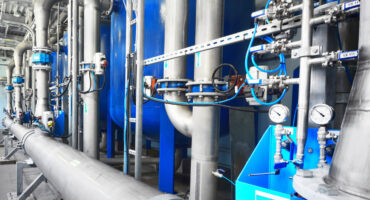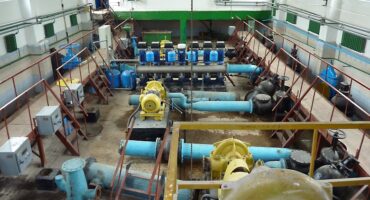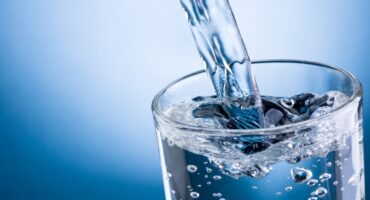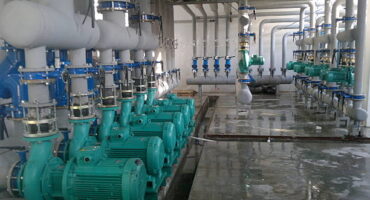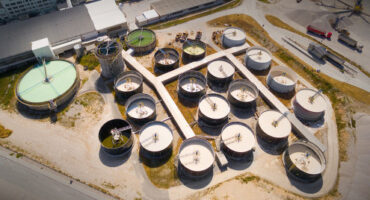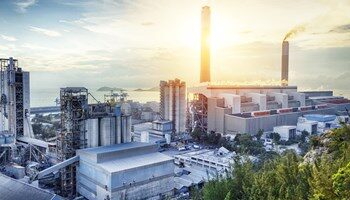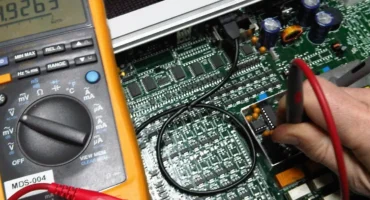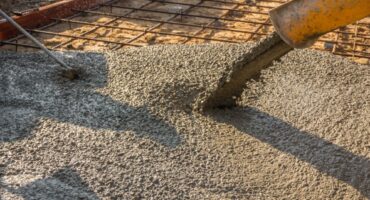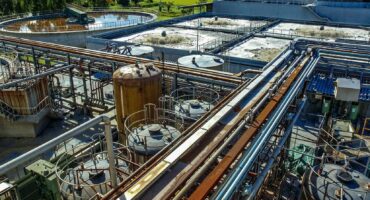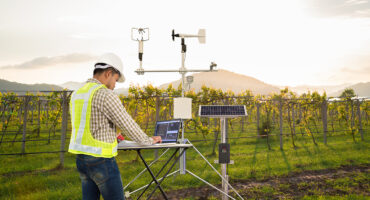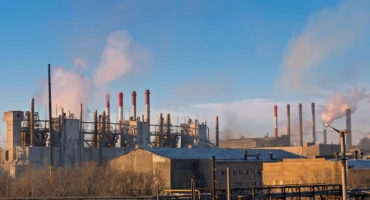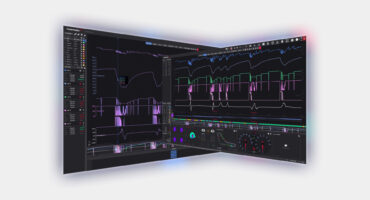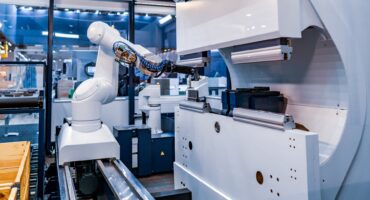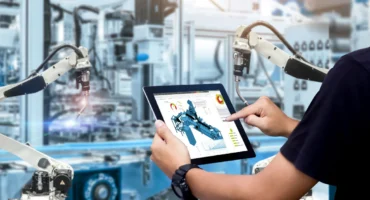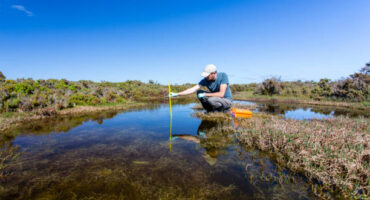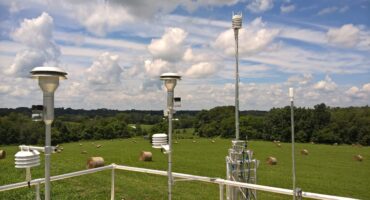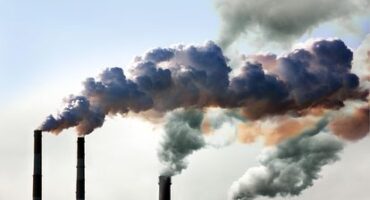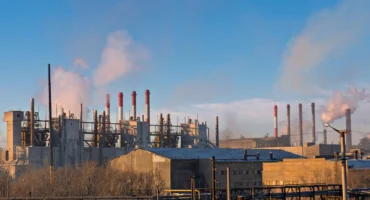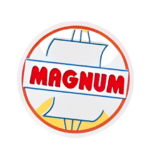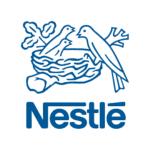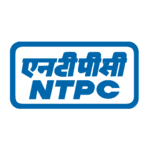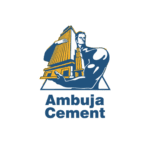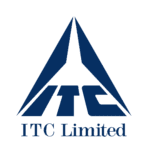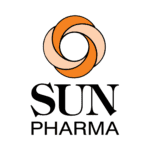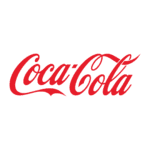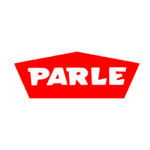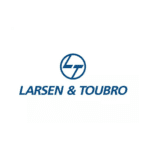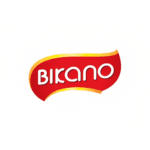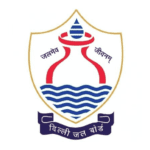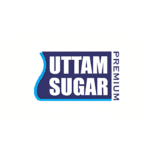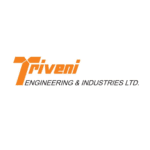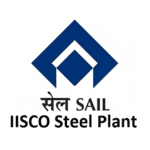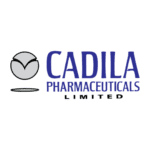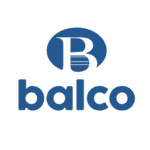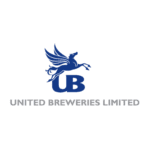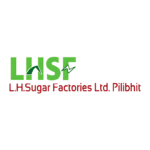Industrial Services
Services
Utility Water Solutions
Utility Water Treatment & Distribution
Clean Water Treatment
Clean water treatment is the process of removing contaminants from water to make it safe for human consumption and other uses. This involves physical, chemical, and biological treatment methods, such as sedimentation, filtration, disinfection, and reverse osmosis. Clean water treatment aims to provide a reliable and sustainable supply of safe drinking water.
Water Distribution
Water distribution is the process of delivering treated water to homes, businesses, and industries through a network of pipes, pumps, and storage facilities. Water is distributed from treatment plants to reservoirs, then through mains and service pipes to consumers. The goal of water distribution is to provide a reliable and safe water supply to meet the needs of the community.
Wastewater Collection & Treatment
Wastewater collection and treatment is the process of managing and treating water used in homes, businesses, and industries to remove pollutants and make it safe for release into the environment or reuse. This involves various physical, chemical, and biological treatments to ensure public health and environmental protection.
Commercial & Industrial Solutions
Commercial and industrial solutions refer to customized water treatment and distribution systems designed to meet the specific needs of businesses and industries. These solutions utilize advanced technologies and processes to ensure water quality and safety for industrial processes and products, and to manage wastewater in compliance with regulations and sustainability goals.
Test Equipment & Services
Test equipment and services refer to the various tools and services used to measure, analyze, and assess the quality and safety of water. These can include laboratory services, field testing equipment, and monitoring systems designed to detect and analyze contaminants, as well as assess the efficiency of water treatment and distribution systems.
Concrete Production & Consolidation
Concrete production and consolidation refer to the processes involved in producing and compacting concrete for construction purposes. This includes the mixing of cement, aggregates, and water to create the concrete mix, as well as the use of specialized equipment and techniques to ensure proper compaction and finishing for strength and durability.
Waste Water/ Solid Waste/ Industrial odour Solutions
Wastewater, solid waste, and industrial odor solutions are specialized methods and technologies used to manage waste materials generated by industries. These solutions involve customized systems and processes designed to remove pollutants, reduce odor, and promote sustainability through waste reduction, reuse, and recycling.
Environmental Monitoring
Environmental monitoring involves the systematic observation and measurement of various environmental factors, such as air and water quality, weather patterns, and ecological indicators. This monitoring is done to assess and understand the impact of human activities on the environment and to inform decision-making for environmental management and conservation.
Continuous Emission Monitoring
Continuous emission monitoring (CEM) refers to the real-time monitoring of pollutants emitted by industrial facilities, such as power plants, refineries, and manufacturing plants. CEM systems measure and report the concentration of various pollutants, including particulate matter, gases, and volatile organic compounds, to ensure compliance with regulatory standards and reduce environmental impact.
Telemetry & Software
Telemetry and software refer to the technologies used to remotely monitor and control various processes and systems, including water treatment and distribution, environmental monitoring, and industrial processes. These technologies involve the use of sensors, communication networks, and software programs to collect and transmit data, and to automate processes for improved efficiency, accuracy, and safety.
Industrial Automation
Industrial automation involves the use of technology to automate manufacturing and industrial processes. It uses sensors, controllers, and software to control machinery, monitor performance, and improve efficiency, safety, and reliability. This can include processes like assembly line automation, robotic automation, and process automation.
Industrial Monitoring
Industrial monitoring involves real-time observation of industrial processes to ensure safety and efficiency. It can include parameters such as temperature, pressure, and environmental factors like air and water quality. The goal is to improve process control, identify potential problems, and optimize system performance.
Water Quality Monitoring
Water quality monitoring refers to the process of testing and analyzing the chemical, physical, and biological characteristics of water to ensure it is safe for human consumption and environmental health. This includes testing for contaminants such as bacteria, chemicals, and pollutants to ensure compliance with regulatory standards and to protect public health.
Air Quality Monitoring
Air quality monitoring is the process of measuring and analyzing the concentration of pollutants and other factors in the air to assess its impact on human health and the environment. This includes monitoring for pollutants such as particulate matter, ozone, and nitrogen dioxide, and can help to inform policy decisions and environmental regulations to improve air quality.
Source Gas Monitoring
Source gas monitoring is the process of measuring and analyzing gases emitted from various sources, such as industrial facilities or landfills, to ensure compliance with regulatory standards and to protect public health and the environment. This includes monitoring for pollutants such as methane, sulfur dioxide, and volatile organic compounds, and can help to identify potential sources of pollution and reduce emissions.
Ambient Particulate Monitoring & Industrial Hygiene
Ambient particulate monitoring and industrial hygiene refer to the measurement and analysis of particulate matter in the air to assess its impact on human health and the environment. This includes monitoring for particles generated by industrial processes, construction sites, and other sources, and can help to inform regulatory standards and improve air quality in both indoor and outdoor environments.
Our Clients
Request a Quote
For Business: Do you have questions about how Manufactory can help your company? Send us an email and we’ll get in touch shortly, or phone 0120 4159 238 between 10:00 and 18:30 Monday to Saturday — we would be delighted to speak.
Note: Your details are kept strictly confidential as per our Company Privacy Policy.

